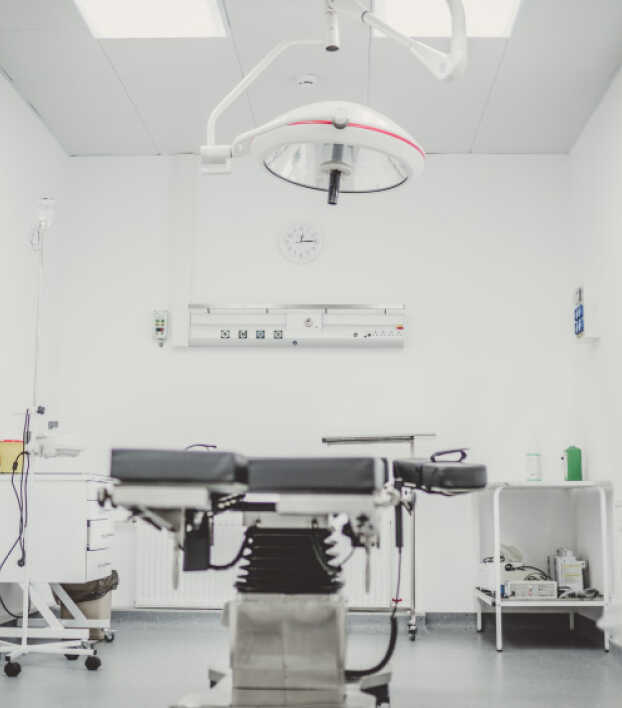Facial trauma can happen from many different causes. Some of the most common ones include vehicle accidents, sports injuries, accidental falls and even interpersonal violence. Facial injuries are referred to as soft tissue injuries (such as the skin and gums), bone injuries, or injuries to special regions like the eyes or facial nerves.
Injuries to soft tissue that result in lacerations are treated with sutures to stop bleeding and minimize scarring. Special care is also taken to inspect injuries to special structures to ensure that further treatment is not warranted. Extensive damage to the soft tissues may eventually require facial reconstruction surgery after trauma.
Treatment of fractures in the maxillofacial region depends on factors like the location and the severity of the fracture, as well as the age and the patient’s overall health. Unlike other bones in the body, casts or other similar stabilizing treatments cannot be applied to bones in the face, meaning that other treatments are necessary.
A traditional stabilization procedure may include wiring the jaws shut to prevent facial movement. However, the addition of screws and plates at the trauma site (a technique called “rigid fixation”) has been shown to lead to faster recovery times for many patients without the added inconvenience of wiring the jaw.
The goal of all facial fracture treatments is to minimize the impact made to the patient’s appearance while still protecting vital functions. This means that the underlying bone is accessed with as few incisions as possible, which are made strategically so the resulting scar is hidden by existing facial topography.
Facial trauma often incurs additional injuries to the teeth and, depending on the extent of the damage, may require treatment from more than one dental specialist. Oral surgeons can replant teeth that have been "avulsed" (knocked out) if specific conditions are met.
If the avulsed tooth can be collected, it should immediately be placed in a glass of milk or salt water. Do not wipe off the tooth as you may inadvertently remove crucial pieces of the ligament that are needed for successful replantation. Time is of the essence, and patients should see their oral surgeon as quickly as possible for a better chance of successfully reinserting the tooth in the socket. If teeth cannot be saved, dental implants are viable solutions for a permanent and natural-looking solution.
Maxillofacial injuries require the expertise of highly trained oral and facial surgeons who are experienced with emergency care, severe treatment and facial reconstruction to achieve the best results.

